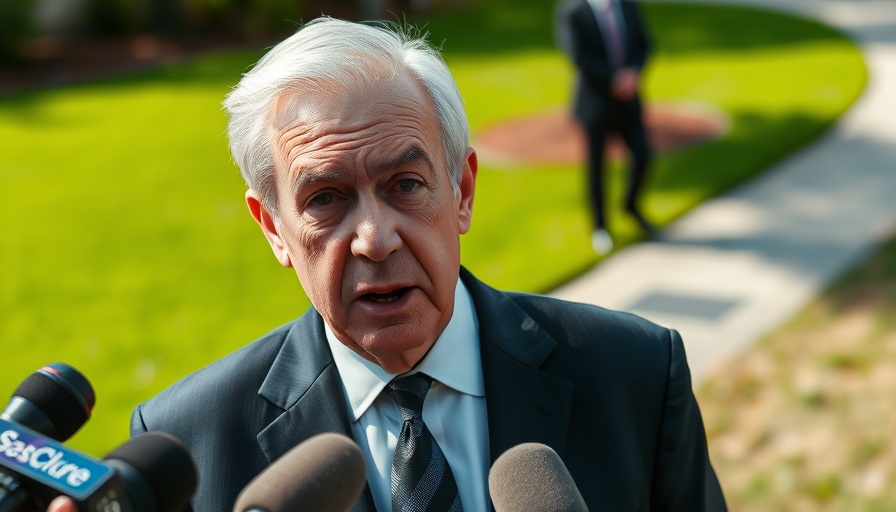
Trump's Unconventional Approach to Pardons
In an era defined by political polarization, the concept of presidential pardons has entered a new realm under President Donald Trump. Traditionally viewed as a ceremonial power of the presidency, Trump's approach has expanded the scope and frequency of this authority in ways that have reshaped public perceptions.
Historical Context of Presidential Pardons
The presidential pardon has a long history traceable to the founding of the United States. Historically, it has served as a tool for mercy, forgiveness, and national unity. From George Washington’s pardon of participants in the Whiskey Rebellion to Barack Obama’s efforts to reform clemency laws, previous presidents utilized this power selectively. However, Trump's tenure has ushered in a dramatic departure from these past precedents.
The Influential Role of Celebrities and Political Allies
Under Trump's administration, the factors influencing pardon decisions have shifted significantly. Celebrity interventions and the influence of political allies have become more pronounced. High-profile cases, such as the pardon of former Illinois Governor Rod Blagojevich and rapper Lil Wayne, illustrate how personal connections and media visibility can sway presidential clemency decisions. This trend not only raises questions about fairness in the process but also reflects a broader cultural shift in how justice and accountability are perceived in America.
Critique and Controversies Surrounding Pardons
Trump’s approach to pardons has sparked considerable controversy. Critics argue that his clemency decisions often reflect political motives rather than genuine expressions of justice. For instance, pardons for individuals associated with his political base—such as former campaign aides—are seen by opponents as self-serving. This dynamic has led to increasing scrutiny and calls for reform of the pardon process.
Future Trends: Will the Shift Continue?
As the political landscape evolves, one must ponder the future of presidential pardons. Will the use of this power return to its traditional roots, or will it continue to adapt to the whims of modern politics? With calls for increased transparency and stricter guidelines emerging from various quarters, future administrations may face pressure to regulate the pardon power more stringently. This potential shift could redefine what it means to seek clemency.
Consequences for Justice and Accountability
The implications of Trump’s approach to pardons extend beyond individual cases; they resonate throughout the fabric of justice in America. With increasing visibility on pardons and their impact, there is a growing demand for clear standards and principles governing the process. As public awareness heights, citizens may influence political discourse on reforms that aim to make the pardon process equitable and consistent.
Your Voice Matters: Engaging in the Conversation
The discussion surrounding presidential pardons transcends politics. It touches on fundamental questions about justice, equality, and the rule of law. Whether you are an advocate for reform or a supporter of the current system, your engagement is crucial. As citizens, understanding the implications of clemency decisions shapes not only our legal landscape but also our national identity.
Conclusion: Shaping the Future of Pardons
In a time of shifting norms and unprecedented challenges, how we approach the process of pardons speaks volumes about our values as a society. As we navigate this charged political environment, consider the ramifications of these decisions not just for individuals but for the collective consciousness of justice in the United States. It’s essential to stay informed and involved—because the future of pardons fundamentally affects us all.
 Add Element
Add Element  Add Row
Add Row 



Write A Comment